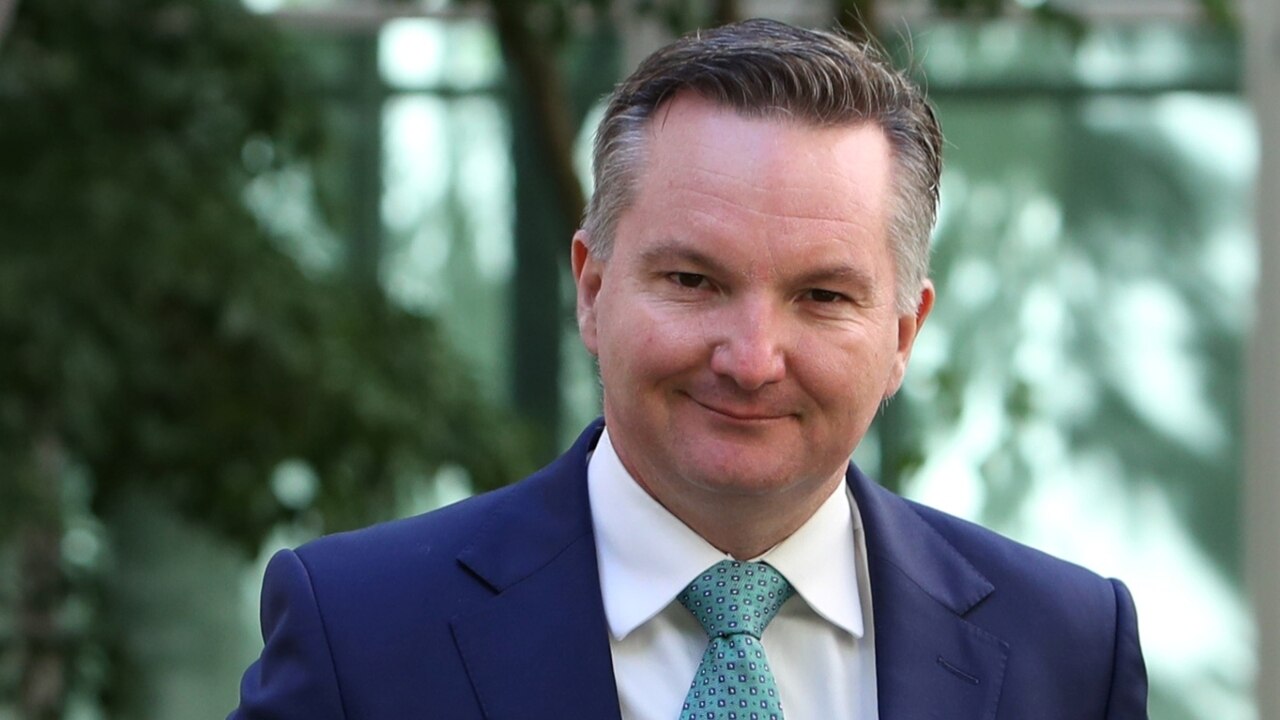Pacific Island nations should delay supporting Australia’s bid to host a United Nations climate conference until it commits to ending support for fossil fuels, according to a full-page ad taken out in The Fiji Times newspaper on Wednesday, timed to coincide with the visit of Australian Climate Change and Energy Minister Chris Bowen.
“Today the Australian government will ask Pacific leaders to support its bid to host the world’s biggest climate conference, COP31,” says the ad, placed by the group Pacific Elders’ Voice, whose members include current and former political and civil leaders of Pacific nations.
“Yet the response to our natural disasters, sea level rise, heat, food insecurity, has been to pursue more gas and coal projects, the very thing driving the climate crisis … Australia has ignored our pleas for years. Why then must Pacific leaders be in such a hurry to show support for COP31?”
An associated opinion piece published on the Pacific Elders’ website says: “Pacific leaders cannot seriously offer their support to a partner who lacks the genuine courage and integrity to take these steps.
“Australia has ignored the concerns of the Pacific for decades. Yet when the Australian Government wants something from us we are expected to commit wholeheartedly.
“It is our recommendation that Pacific Leaders defer their decision to support Australia’s bid until Australia has made come concrete progress on ending support for fossil fuels. The impacts of climate change are not a distant concern. They’re happening here and now, and they’re disproportionately affecting Pacific Island nations like ours.”
Bowen is in Fiji to attend a UN climate meeting, as well as a roundtable with Pacific ministers at which he sought to shore up support for a COP to be hosted by Australia with its Pacific neighbours in 2026.
Asked about the ad during a press conference in Fiji on Wednesday, Bowen said: “We had a good discussion across the few days about the transition that’s occurring in Australia, moving from renewable energy being 35 per cent of our energy to 82 per cent.
“That’s a big jump in seven years. It all takes management. Also that Australia increasingly has become a renewable energy superpower.
“We’re working with countries that traditionally have bought our fossil fuels like Korea, and Japan and other countries to help them on their transition to renewable energy.
“We can export through green hydrogen, et cetera. Now, yes, we’re on a journey, we’re not going to remove coal and gas tomorrow, nobody really is expecting [that].
“But it’s been a good discussion about how fast the transition in Australia is going. And it’s going very, very fast. We have the highest rooftop solar penetration in the world. But we have a lot more to do. All of us have a lot more to do.”
Pacific Elders, along with other elected leaders, have been increasingly blunt in their calls for Australia to end approvals for new fossil fuel projects over recent years.
Dr Wesley Morgan, a Pacific specialist and senior researcher with the Climate Council said the advertisement marked a step-up in rhetoric directed at Australia by the influential group.
“It is very pointed. Bowen is obviously there to press the flesh and make the case for hosting a COP together and this is a shot across the bow as to what they expected from Australia,” he said.
During a visit to the Fijian island of Kioa last month the Tuvaluan Minister of Finance and Climate, Seve Paeniu, who is also the Pacific Political Climate Champion for loss and damage, told this masthead: “The impact [of climate change] on our Pacific Island countries … is so severe and devastating that the large emitting countries and those companies that keep burning fossil fuel coal, oil and gas should step up and take more responsibility.”
In an interview with the Herald and The Age in July, the former president of Kiribati, Anote Tong, who is a member of the Pacific Elders’ Voice, said there was disappointment in the Albanese government on climate since it was elected.
“Genuine, sincere climate action would involve doing something about not just about the domestic emissions but, more importantly, dealing with the huge volume of exports of fossil fuels,” he said.
“We’re not suggesting that that’d be a cut straight away, but at least some kind of road map towards transitioning away from dependence on the revenue from the export of fossil fuels,” he said.
SOURCE: SMH/PACNEWS













